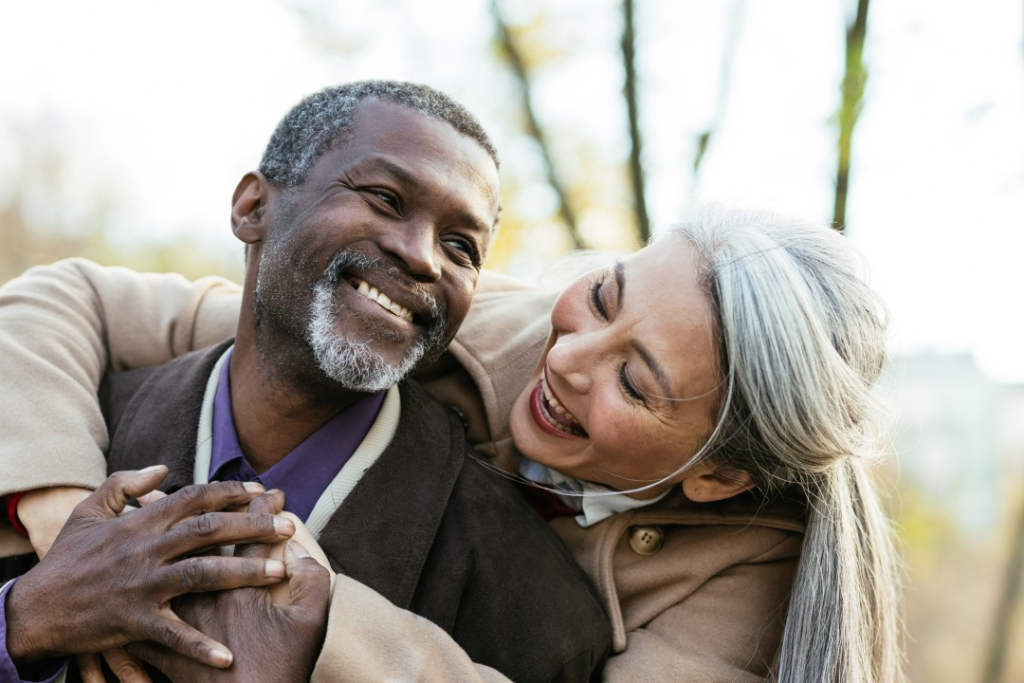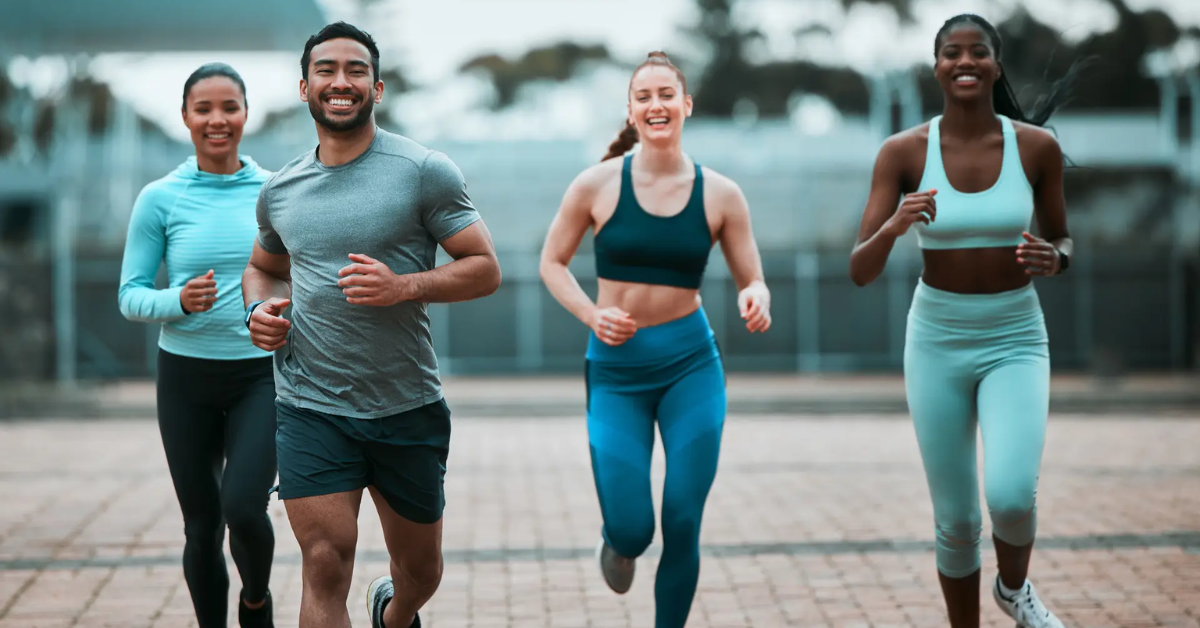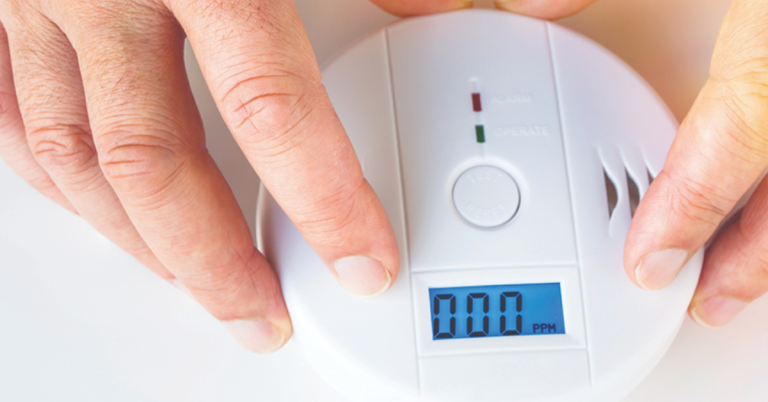As the year begins, many of us are thinking about the changes we want to make in the coming months. While traditional resolutions often focus on eating better, exercising more, and reducing stress, a growing number of people are focusing on something that isn’t as commonly discussed: social fitness.
What Is Social Fitness?
Social fitness is about feeling comfortable in social situations and engaging with others without fear or anxiety. It’s the opposite of avoiding social events because you’re nervous about not knowing anyone or leaving a conversation worried that you might have said something wrong.
Attorney C.L. Mike Schmidt, who has struggled with social interactions for much of his life, shares that the COVID-19 pandemic made things even more challenging for him.

“Spending so much time isolated only made it harder to jump back into group conversations,” he says. But Schmidt has worked hard to improve his social comfort level. “I’d say my comfort level has increased by about 40% in the last year,” he adds, noting that he’s been making a conscious effort to start more casual conversations.
Jeremy Ross, a publicist and public speaking coach, has also faced social anxiety for years. He admits that while he’s struggled with it, he has learned to live with it. “Accepting that it’s part of my life helps me be more reasonable with myself and my expectations,” Ross explains.
Although the term “social fitness” is gaining popularity on social media, it remains unfamiliar to many. So, what does it really mean?
What Does Social Fitness Look Like?
Social fitness isn’t about being the life of the party or always having a perfect conversation. Instead, it’s about feeling comfortable in different social settings, whether you’re having a romantic conversation, catching up with friends, or simply chatting with a stranger while waiting for coffee.
Hillary Ammon, a clinical psychologist, explains that social fitness includes a wide range of interactions — from romantic relationships to casual exchanges in everyday situations, like greeting a stranger. “It’s all about being comfortable in these interactions and developing social skills over time,” she tells Yahoo Life.
Aaron Brinen, an assistant professor of psychiatry, compares social skills to a muscle that needs regular exercise. “If you don’t use your social skills, they get rusty,” Brinen says.
He stresses that many people underestimate how important it is to socialize regularly, especially in today’s world, where isolation and division can easily take hold. “Whether or not you struggle with social anxiety, social connection is more important than ever,” he adds. “People are beginning to realize that we’re all in this together, and that’s a healthy realization.”
Why Social Fitness Matters
Improving social fitness isn’t just about feeling comfortable in conversations. It has real health benefits. Regular socializing helps boost mental health, increase emotional well-being, and create stronger support networks. These connections are crucial in building relationships, which are an essential part of our overall happiness and success.

Additionally, social fitness helps us become more confident in unfamiliar situations, which reduces anxiety and boosts self-esteem. It can also prevent loneliness, a common issue, especially for those who are introverted or living alone.
How to Work on Your Social Fitness
Like any other skill, improving social fitness requires practice and effort. Fortunately, there are many simple ways to improve it in your everyday life.
- Engage in More Face-to-Face Interactions
Whether it’s visiting a local coffee shop, taking a walk in the park, or attending a community event, Brinen suggests making the effort to interact with people in person. Instead of eating lunch at your desk, step out to the lunchroom or local cafe to connect with others. - Join a Club or Group
Ammon recommends joining social groups or clubs based on your interests, such as a gardening club, a fitness class, or a book club. These settings provide an easy way to practice socializing regularly, especially with people who share common interests. - Take Small Steps
You don’t have to dive into big social events right away. Start small. Make casual conversation with a stranger while standing in line at the grocery store or say hello to someone at a local event. Brinen emphasizes that even small steps like these can help boost your confidence. - Keep Socializing, Even if You Feel Nervous
It’s normal to feel nervous before a social interaction, but the key is not to avoid it. Brinen advises, “When we’re nervous, our instinct is to avoid something. Don’t do that. Socialize over and over again. The more you do it, the easier it will become.”
Social Fitness Tips for Everyone
- Be Consistent: Regular interactions are key. It’s the consistency of socializing that helps you improve your comfort level over time.
- Practice Active Listening: Good social fitness isn’t just about talking. Listen actively, show empathy, and ask questions to keep the conversation flowing.
- Don’t Be Hard on Yourself: Social fitness is a journey. It’s okay to have moments of awkwardness. The more you practice, the better you’ll get.
- Surround Yourself with Supportive People: Spend time with those who make you feel comfortable and encourage your social growth.
Conclusion
Whether you’re navigating a first date, talking to strangers, or rejoining social events after isolation, social fitness plays a crucial role in our mental health and overall well-being. As we continue to learn about the importance of socializing, we should also focus on building this “muscle” that makes us more comfortable and confident in our interactions.
Note: Every piece of content is rigorously reviewed by our team of experienced writers and editors to ensure its accuracy. Our writers use credible sources and adhere to strict fact-checking protocols to verify all claims and data before publication. If an error is identified, we promptly correct it and strive for transparency in all updates.






Leave a Comment